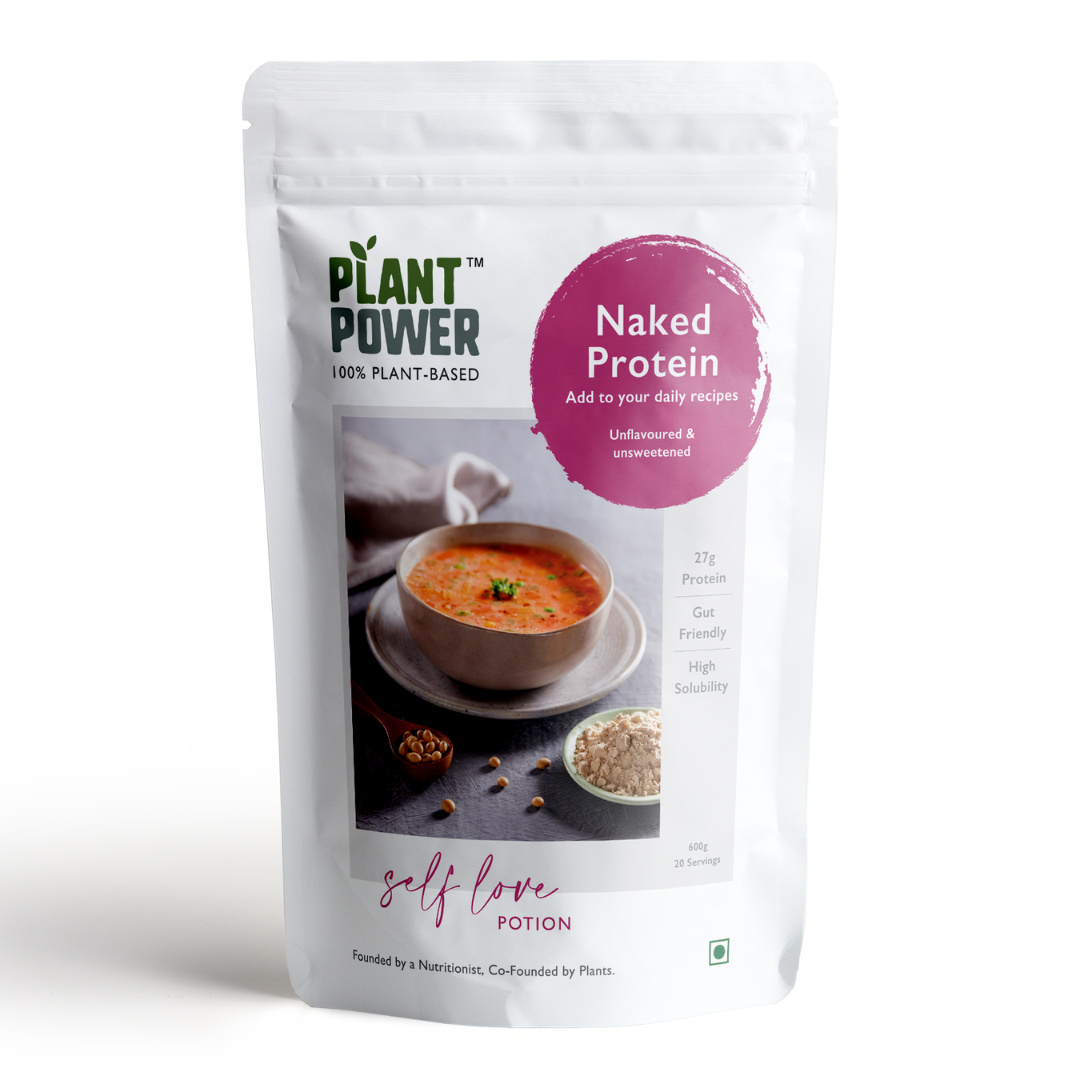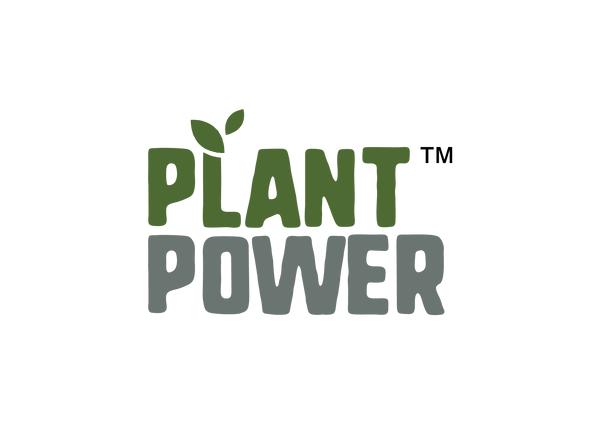
The Importance of Protein
Share
Have you ever heard a body builder speak without mentioning the word ‘protein’ in the conversation? It’s unlikely, and for good reason! Protein is essential in our everyday life, and though we know we need it to build muscle, we often underestimate the other crucial functions of protein. It plays a key role in the creation and maintenance of each cell in our body.
Protein is a macronutrient made up of one or more chains of amino acids. The different shapes of protein are responsible for the different functions of protein. There are 20 amino acids that our body needs. There are 9 essential amino acids. They are essential because our bodies rely on food sources to get these nutrients and they cannot be produced in the body. The other 11 amino acids are called non-essential amino acids as our body is able to produce them.
Types of Protein
There are three types of proteins-
- Complete Proteins- Protein from animal sources are deemed complete proteins. They contain all the essential amino acids one needs in sufficient amounts.
- Incomplete Proteins- Plant proteins are usually thought of as incomplete sources of protein as they lack one or more essential amino acids
- Complementary Proteins- This occurs when two or more of these incomplete proteins form a complementary protein- a protein that then contains all the essential amino acids one needs in sufficient amounts. Studies have shown that including complementary proteins are highly beneficial, as this means you will be including a wide variety of nutrient rich foods in your diet. This contributes to good gut health as well as an improved immune system.
Why Do We Need Protein?
Enzymes in your body are made from amino acids, and they are all proteins. Without enzymes, everyday functions like digestion, defence and growth wouldn’t take place. Your hair, skin, muscles and heart are made of protein. Hence, they are termed as the ‘building blocks’ of the body.
Roles of Protein
Here are 5 important functions of protein:
- Repair and growth- Your body uses protein to build and repair tissue
- Carrier proteins-Proteins help you breathe by carrying oxygen around your body
- Fight Infections- Antibodies are created to help fight off infections
- Metabolic process- Enzymes are formed which carry out the metabolic reactions in your everyday life
- Structural formations- Protein is necessary in building bones, muscle, cartilage and skin
Sources of Protein
- Meat
- Poultry
- Fish
- Eggs
- Legumes
- Nuts and Seeds
- Vegetables
- Grains
- Dairy
- Some fruits
- Soy
- Trishna Utamchandani
Sources:
https://www.webmd.com/men/features/benefits-protein#1
https://www.piedmont.org/living-better/why-is-protein-important-in-your-diet
https://sunshinecoastdietetics.com.au/complementary-proteins-and-how-they-work/
https://www.medicalnewstoday.com/articles/319704#what-do-enzymes-do

